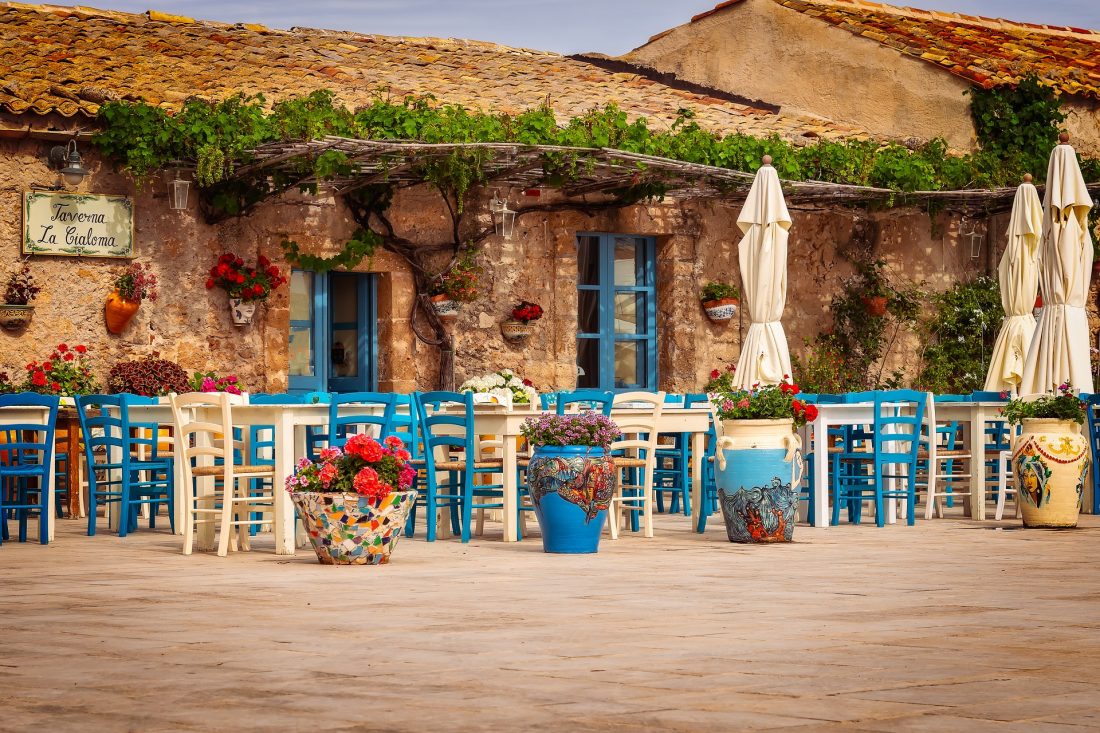Future skills in tourism and the importance of Gastronomy Tourism
Digitalization is everywhere, but not every tourism experience can be digitalized. The tourism industry has one sub-sector that remains at its best when it comes to offering un-digitalized services: the food & beverages sub-sector. However, the sub-sector includes digital, social and green skills and platforms in order to optimize this service. Currently, one of the biggest motives in the tourism industry is looking for good food experiences. The Next Tourism Generation Alliance (NTG) aims to provide skills sets to the food & beverage sub-sector as well in order to show them what skills are necessary in order to be futureproof by the year 2030. In this blog, the trends of Food Tourism and its impact on the tourism industry will be discussed.
Food Tourism is a serious niche that defines the future of tourism
The difference that food tourists have on other tourists is they seek the most unique, exotic foods but most of all delicious local dishes. It seems to be a golden opportunity to combine traveling and the joys of eating. Food Tourism is becoming a serious niche, instead of a buzzy trend, according to different platforms and reports.
The Second Global Report on Gastronomy Tourism (UNWTO), stated that food tourism should be placed “as a horizontal layer of … destination marketing and product development strategies instead of a vertical one.” Also, according to the report, this tourism segment “offers enormous potential in stimulating local, regional and national economies and enhancing sustainability and inclusion.”
In terms of tourist motivations, experiencing gastronomy is now at a similar level to visiting a museum, enjoying music and admiring the architecture of a destination. In this sense, gastronomy tourism has strong potential to improve destination management, promote cultures and contribute to other sectors such as agriculture and food manufacturing.
A few other conclusions can be drawn from this report:
- Food and beverages are one of the biggest motives to travel.
- When looking at the motivations of people to visit a specific destination, food plays a huge role in the decision-making process.
- The role of food must be considered in the total package, such as how it is prepared and served with cultural, demographic and technical developments, or if you want to say it more clearly; social, green/environmental and digital skills.
The world of food, hospitality and travel is liquid
The development of food trends and tourism is even more remarkable since the upcoming popularity of digital magazines and inspirational online platforms focusing on Food Tourism, hospitality and traveling.
Hans Steenbergen is a Dutch trendwatcher (foodservice philosopher) and travels the world on behalf of trend agency ‘Food Inspiration’ to find and capture unique experiences that highlight a specific destination. Hans is the co-founder and managing partner of the Food Inspiration Magazine, the world’s first digital magazine for food professionals. Food Inspiration does not only focus on food but aims to show professionals the stories and culinary identities of countries, destinations and chefs. He believes that the world of food, hospitality and travel is liquid.
Food and destinations can showcase their unique culinary identity to travelers due to their efforts on television shows, the internet and social media. Culinary trips are being organized to Michelin star restaurants, and top chefs are opening Celebrity Chef restaurants in big hotel chains. There is also a list of food must do’s and attractive ‘do not try this while traveling’: for example experiencing the Heart Attack Grill in Las Vegas:
https://www.youtu.be/ksKdbFLofsQ
Food & hospitality entrepreneurs, unique concepts and upcoming and famous chefs have an influence on today’s culinary destination wish-list of travelers. The real challenge of those destinations is to put their culinary identity on a plate according to Hans.
”Food Tourism is also affecting hotel lobbies and how they are expanding their services. It has become a place where people get together, both locals and travelers, having food and drinks together and experiencing the social areas as a place to meet . The tourism industry and food & hospitality businesses are blending and optimizing their services by combining their strengths to promote food destinations.”
The Foodlov Pyramid Concept to understand new generation travelers
It is interesting to learn how the tourism industry can learn from the food industry. Food Inspiration created the Foodlov Pyramid Concept, to see where and how food (F&B) plays a role in a new model inspired by the Maslow Pyramid.
- Developments that concern food, awareness of food and living more sustainable, have an influence on the tourism industry.
- The Foodlov Pyramid, inspired by the Maslow Pyramid, is partly applicable in the travel industry. The added value and the price of the experience are influencing the needs of travelers. Not everything has to be cheap anymore, it has to be good and worth the money.
Eventually, food and tourism have 1 thing in common and fulfil 1 important need of today’s travelers:
Reconnecting.

This means that, by following the Foodlov Pyramid (and adapt it to tourism) one must be aware of what knowledge and skills are important for tourism and especially F&B professionals. First of all, what do they know about the importance of energy and food safety, what are consumer trends when it comes to food & health and as logic next step food consciousness? What steps need to be taken before food and tourism are contributing to the ”reconnect” experience of the travellers, especially the gastronomy travellers.
If the price in Gastronomy Tourism becomes less important, the value and taste will become even more important. Destinations and F&B need to work together on the skills needed in order to serve travelers within the Foodlov Pyramid and satisfy them with a ”reconnecting” experience.
Follow the efforts of the Next Tourism Generation via our website, Facebook, Twitter | #NTGskillsalliance or via LinkedIn
By Lobke Elbers




No Comments